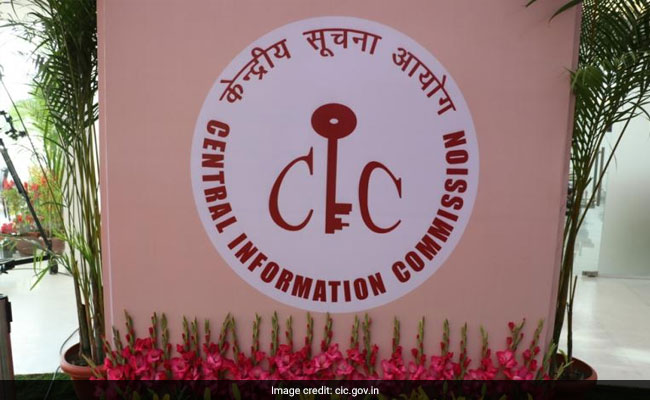INSUBCONTINENT EXCLUSIVE:
government may give itself the power to decide the salaries of the Information Commissioners, in a controversial move that opposition
parties and activists say is an attempt to weaken the Right to Information Act.Under the Right To Information Act enacted by parliament in
2005, the Chief Information Commissioner at the centre gets the same salary as the Chief Election Commissioner while the salary of the state
Chief Information Commissioners is on par with the emoluments of the Election Commissioner.An amendment drafted by the NDA government has
suggested that this provision should be removed, and the salary should be prescribed under the rules.The department of personnel and
training, which deals with the transparency law, has suggested it may not have been a good practice to link the salary of the information
commissioners to the Election Commissioners, since the Election Commission was a constitutional body and dealt with the conduct of elections
across the country.They say the Central Information Commission is only a statutory body looking into complaints and appeals of those seeking
information under the information law enacted 12 years ago.The amendments would give state governments the powers to fix salaries of the
information commissioners as well.Congress spokesperson Randeep Surjewala called the change a dilution of the law."We will oppose this
amendment tooth and nail," he said.RTI activists, already upset with the manner in which information commissions have been functioning, say
the proposed change appeared to be aimed at showing the information commission "its place".They complained that the central commission had
been operating with just six of the ten information commissioners, forcing people to wait longer before the appeals can be heard.But it
isn't just the centre that has been accused of chipping away at the transparency law.A nationwide study last month had lamented at how state
governments were out to render the law ineffective by not appointing enough information commissioners.The study by the Centre for Equity
Studies and the Satark Nagrik Sangathan shows that at the present rate of disposal and the number of pending appeals, an RTI appeal filed in
West Bengal Commission would take 43 years to be heard
In Kerala, an appeal filed today would come up for hearing 6.5 years later.

